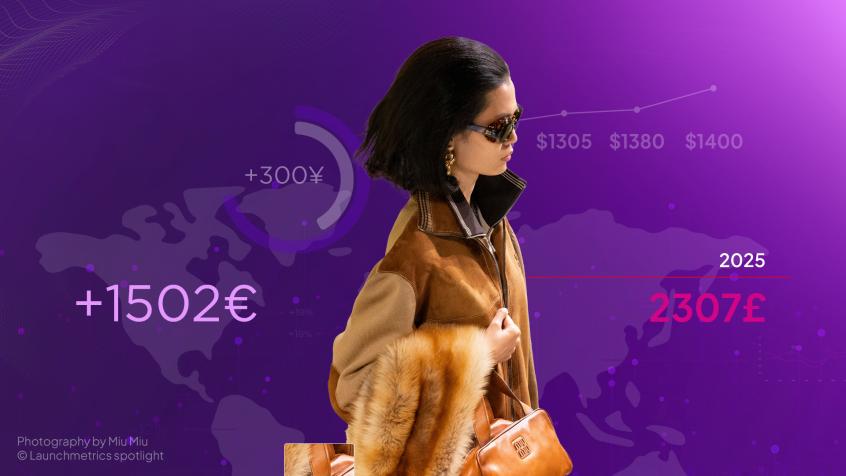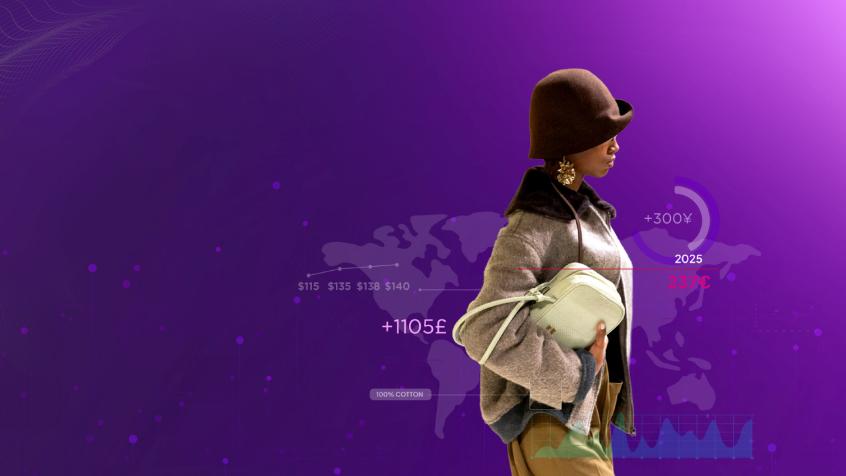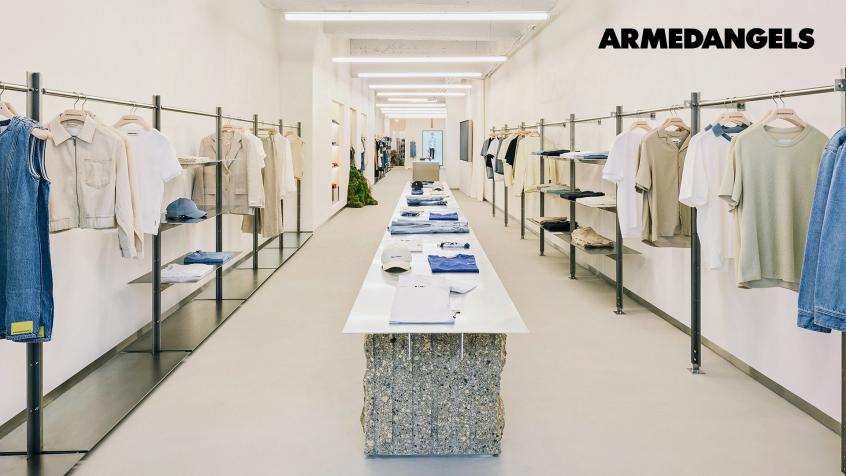Conversation with … Katia Cahen
Marketing Intelligence Director, Lectra

How has the crisis affected the fashion market?
Even before the emergence of COVID-19, fashion industry leaders were not optimistic about 2020. There were multiple reasons for that: global economic uncertainty; a trade war which upended the supply chain; environmental, cultural & societal revolutions and their influence on shifting global consumer demand; technological revolution; the adoption of innovation at scale; lack of resources; and information silos within organizations that slow decision making. These crises and hot topics followed one another but were not alike. Before the COVID-19 pandemic, the industry was moving ahead in the fog. After COVID-19, the industry will go step by step in the dark. And this might go on for at least the next 12 to 18 months.
Before COVID-19, the proportion of “value destroyers” was important: 56% of fashion companies were not able to cover their costs. Fashion was already on high alert; now it’s on red alert. McKinsey estimates fashion growth will decline by -27 to -30% in 2020 year-on-year (with a possible resurgence of 2-4% in 2021 vs. 2019 baseline).
Luxury, which was the growth driver for the fashion industry before COVID-19 will be hit even harder, with an estimated decline of -35 to -39% in 2020 year-on-year (with possible positive growth of 1 to 4% in 2021). If stores remain closed for two more months, McKinsey estimates 80% of publically listed companies will be in financial distress. However, even beyond the economic crisis, humanitarian repercussions in some sourcing countries such as Bangladesh, Vietnam, and Ethiopia are expected to outlast the pandemic. The fashion industry is probably at the beginning of a long and painful fight. The crisis will certainly encourage the strong companies and accelerate the decline of those that were struggling before, thereby reshaping fashion’s competitive landscape.
Would you say we will try to go back to normal as quickly as possible or do you think we will need t
The current crisis is a catalyst that will push the industry into change. The system is broken. Of course, this change and the creation of the new normal will not happen in a month or even in a year. It is a long way off. Nevertheless, now is the time for industry leaders to, on one hand, begin preparing immediate actions to bring business back, and, on the other hand, think more strategically to imagine the next normal and how to profoundly reform current business models in order to survive or get stronger in a reshaped competitive environment.
The main question will be how to align post-COVID-19 demand with post-COVID-19 supply in a world where the ‘quarantine of consumption’ will persist. Consumers will probably turn away, even more than before, from waste-producing and purposeless products.
The true challenge for the fashion industry will be the successful transformation from an outdated, weakened and value-destroying supply chain into a purpose-driven demand chain. COVID-19 might be seen as the shock the industry needed to reset, reshape and unlock value at each step of the value chain: design, product development, sourcing, production, logistics, and retail. Companies will need to rethink organizational structures and hierarchical relationships for more agility and transparency, scale up new approaches around the pull model, produce seasonless design, and provide in-season retail which means shorter creative and production processes in a more integrated and local demand chain.
Also, innovation and collaboration will be key assets in the ‘next normal’ world. Those, able to leverage them will probably be among the winners.
Before COVID-19, was the right time to start thinking about this, now it’s becoming urgent to act.
What has the crisis changed for you or what have you learned personally?
This global paradigm change was brutal; no one was able to predict or anticipate it. Being an optimist, I see this crisis as an opportunity, a way to rethink what we considered as givens, to reshape priorities, to give a new sense to solidarity and collaboration. Working remotely is a challenge, but it also helps to strengthen links as a team, find new, more creative ways to collaborate, and to make decisions quickly.
We are all concerned by what is happening in the world and that makes us stronger and gives a hope that probably the ‘next world’ will be better, as everyone contributes what they can to it. And little by little, a little becomes a lot.
Related content









